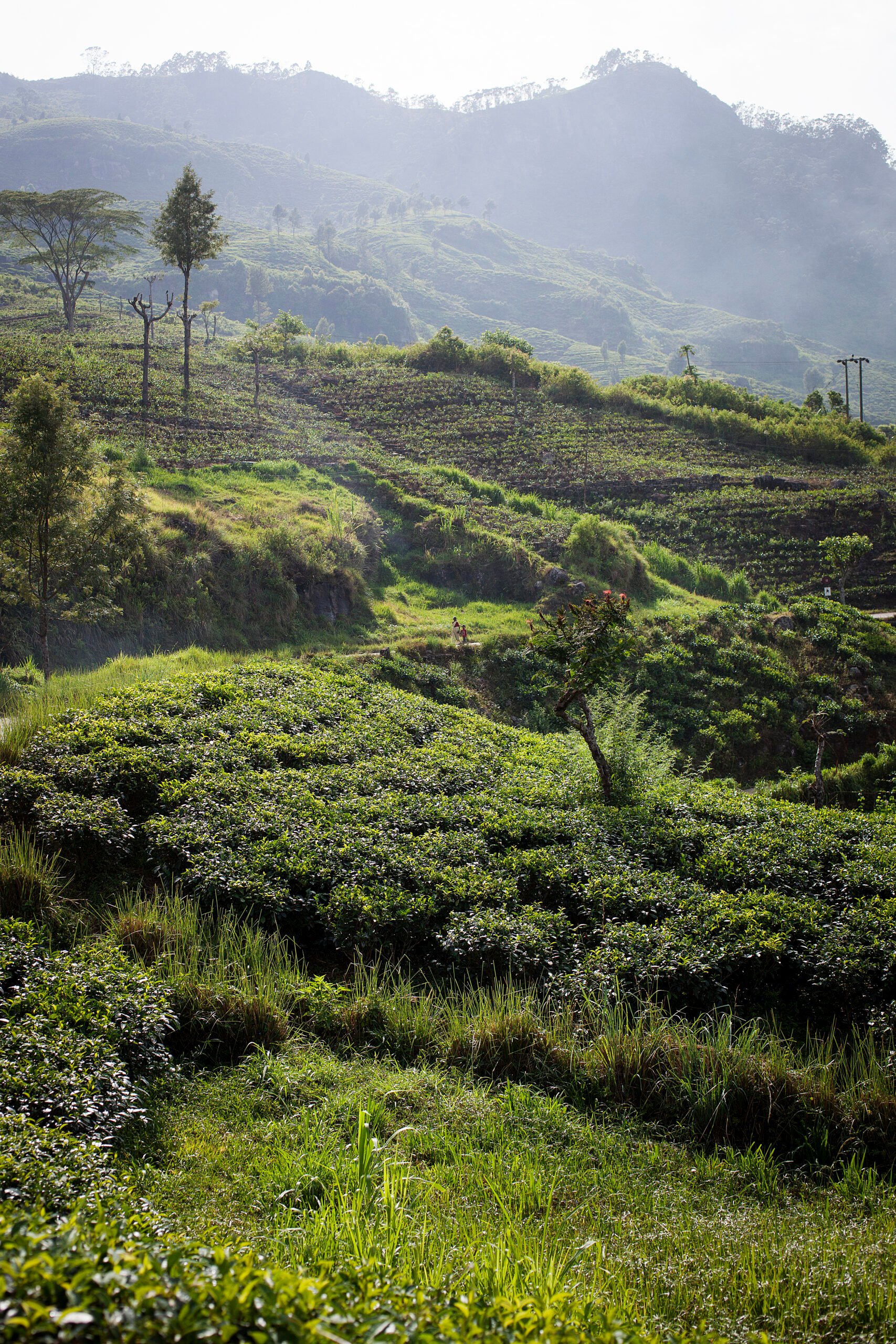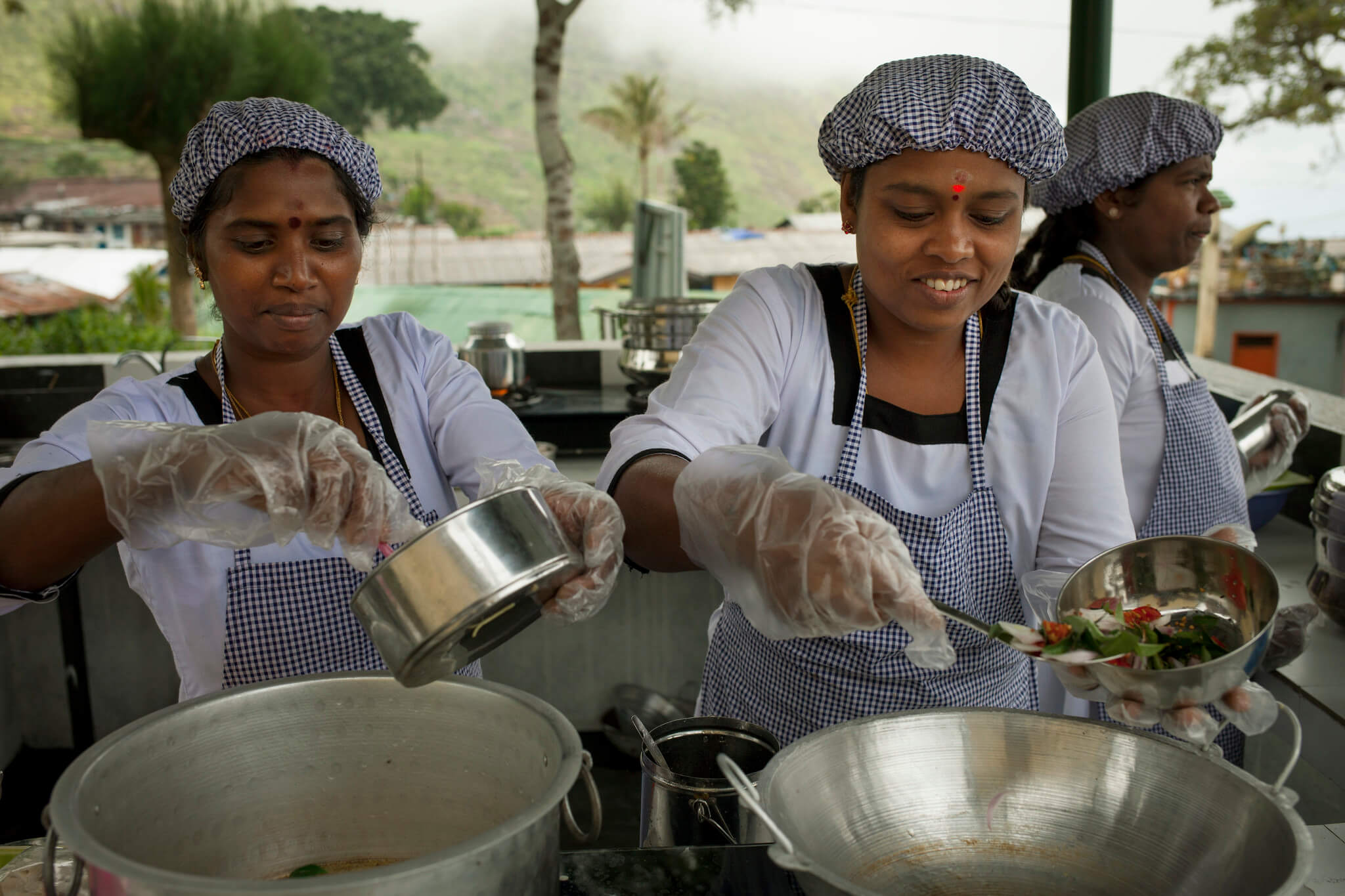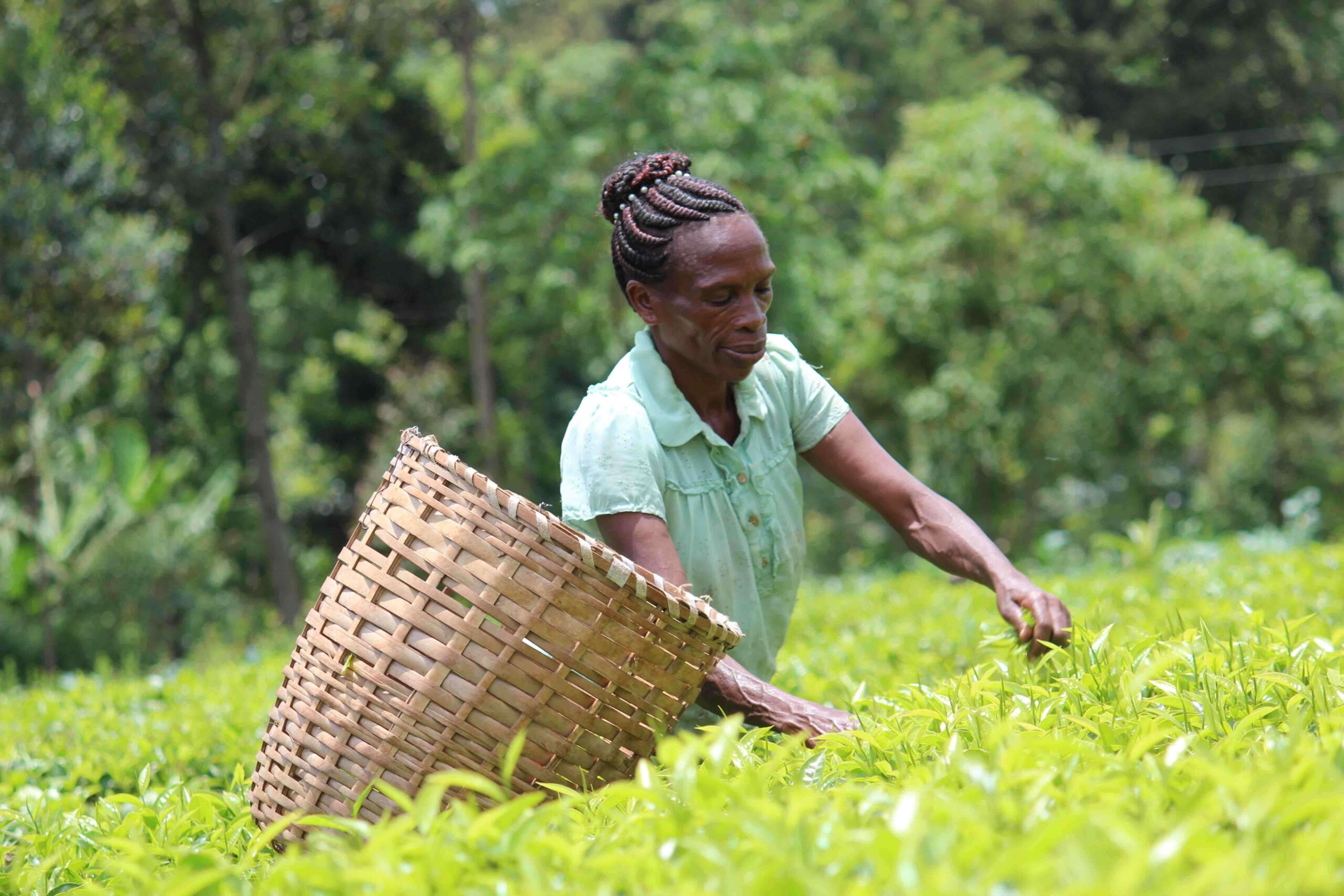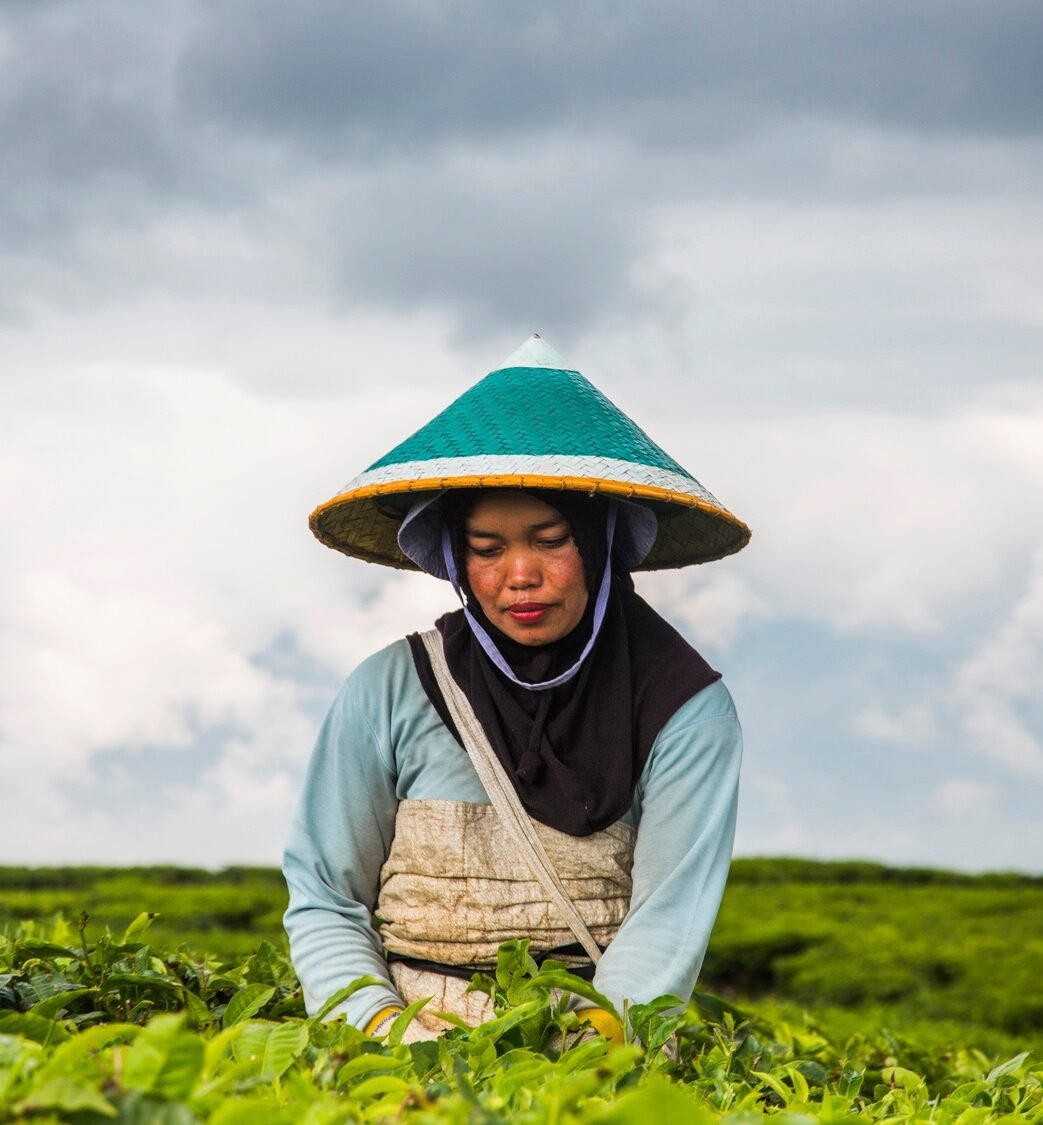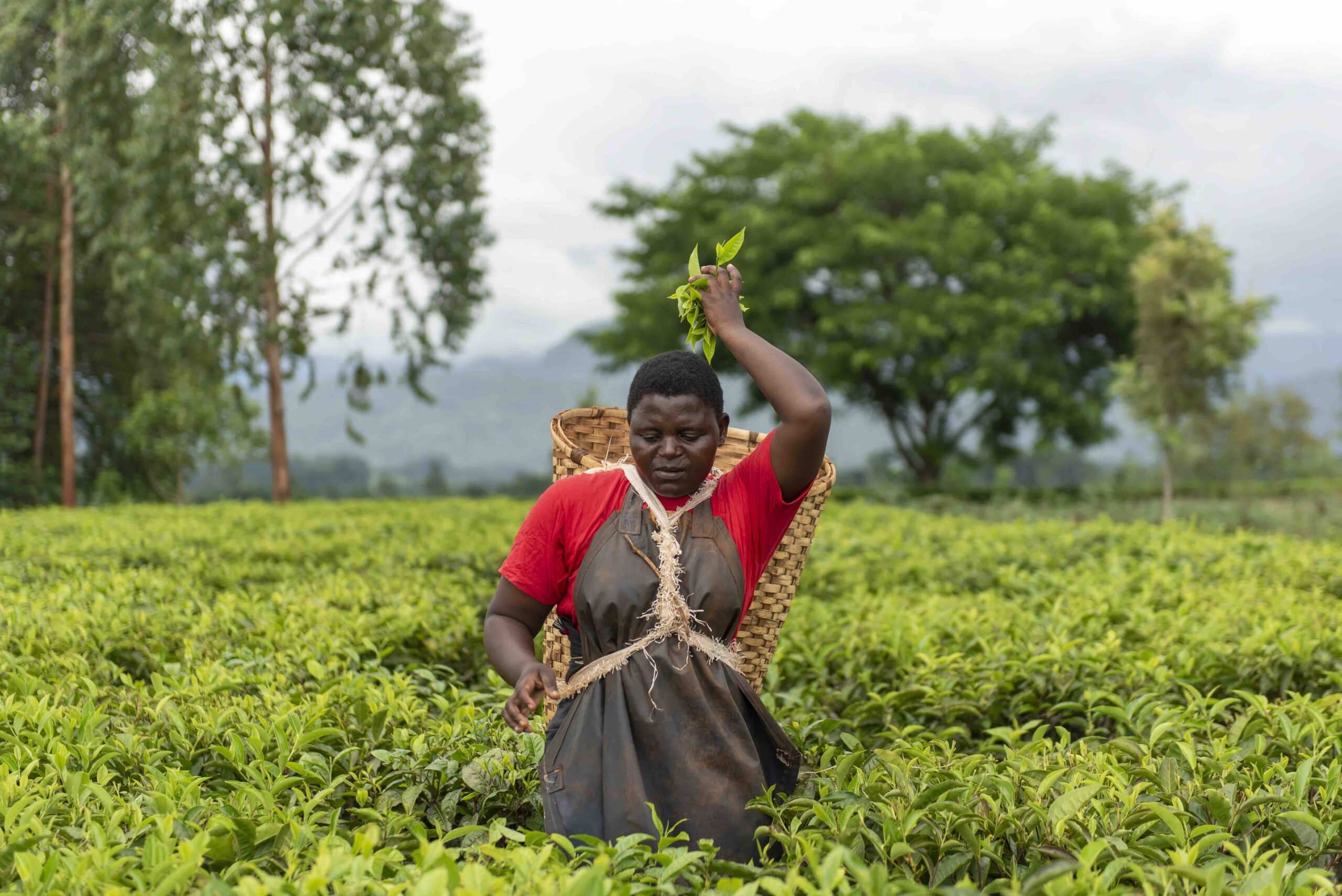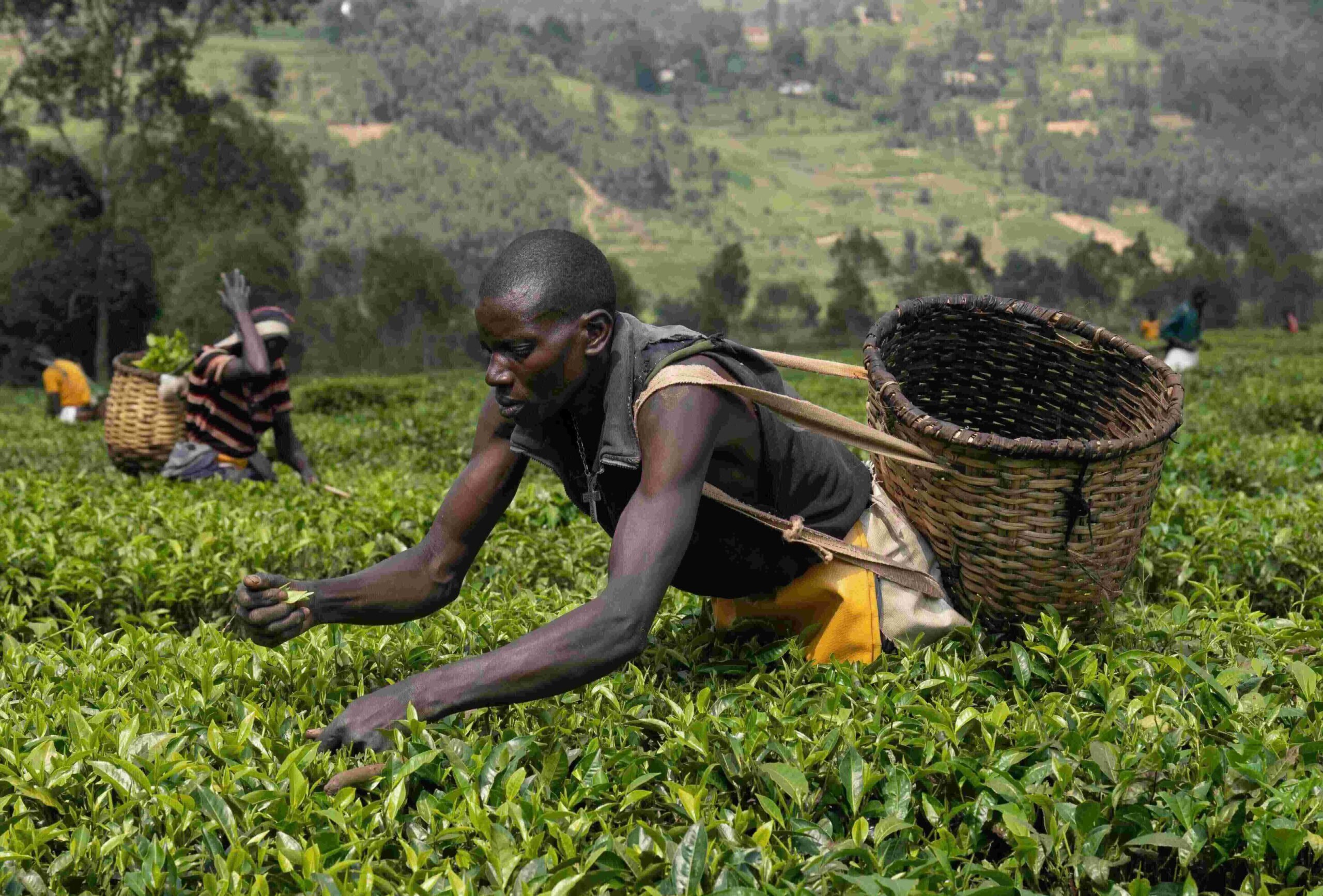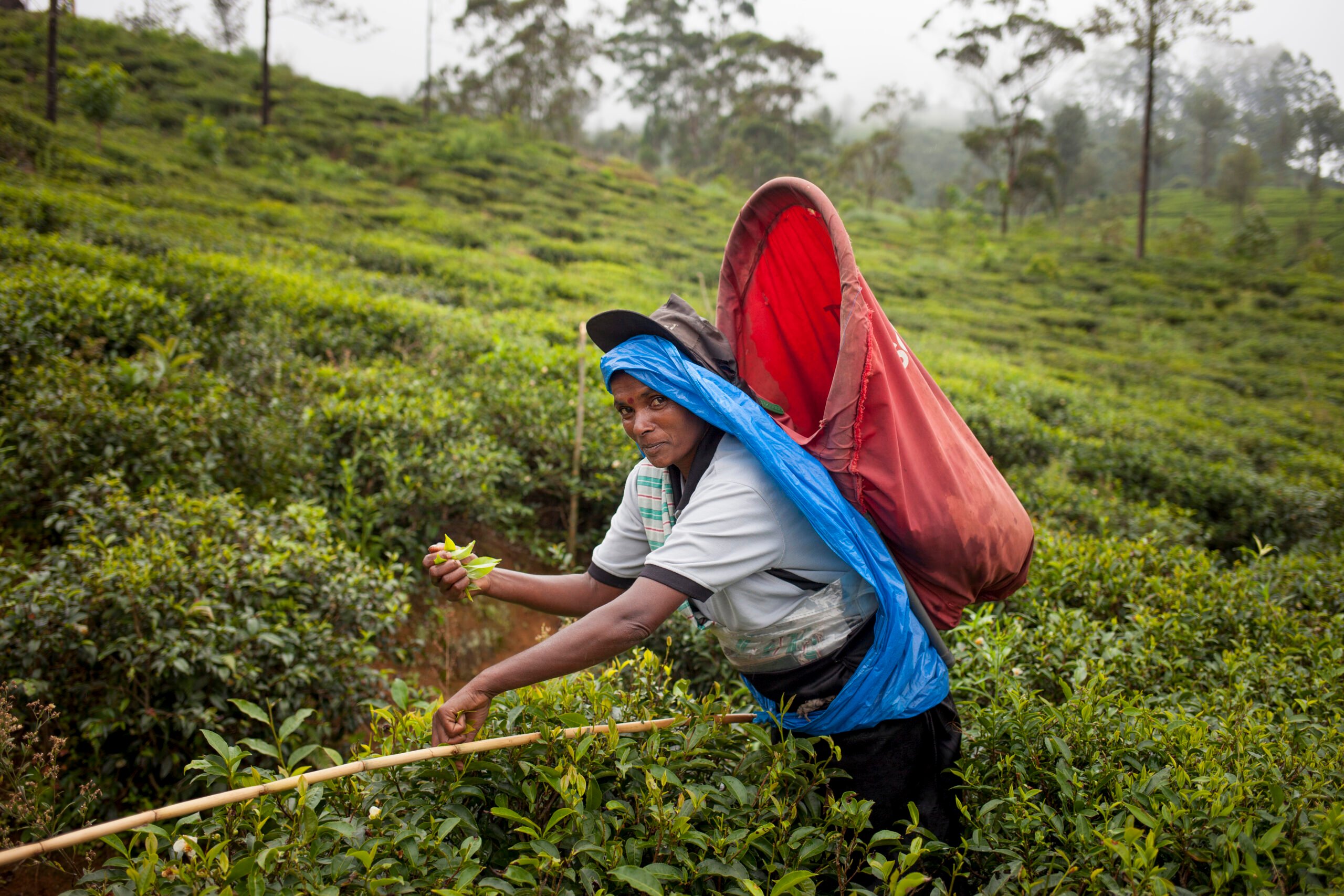Facts & figures
Economics
The 2022 economic crisis resulted in inflation which increased food prices by as much as 90%.
Equality
The prevalence of violence against women in tea estates is higher than the national average.
Environment
Electricity and fertiliser are the main contributors to production-based greenhouse gasses in tea.
Regional priorities
Projects
ETP’s projects focus on ensuring ‘Dignity of Work’ and respectable workplaces in the Sri Lankan tea sector.
Private sector change
ETP will explore the potential of digital payments for tea workers as well as the effectiveness of the ‘tea outgrower’ model of contract farming.
Policy
In 2025, ETP will complete a legislative and policy review and action plan to guide ETP’s policy work in Sri Lanka.

